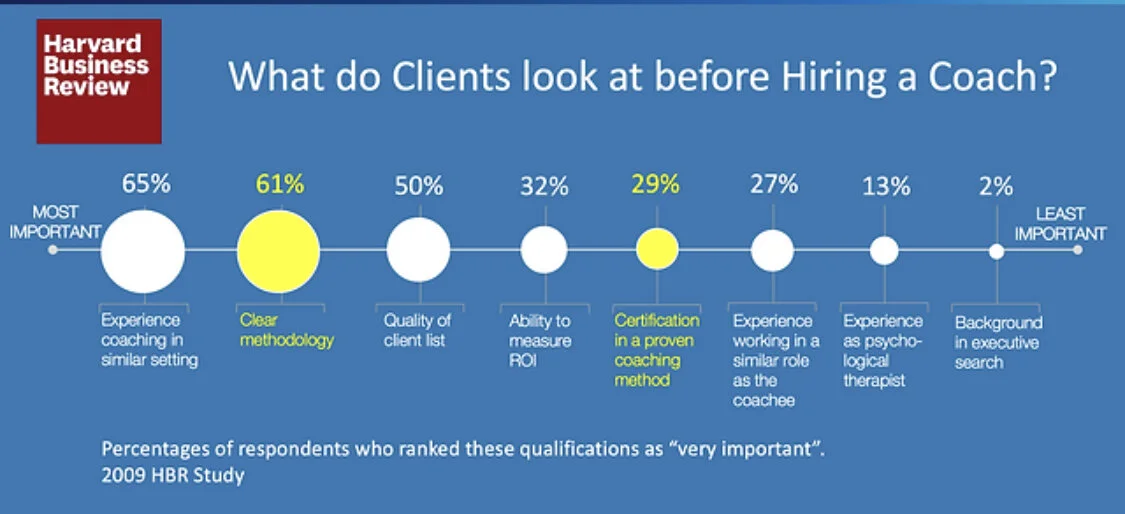AI Koulutus 3 Days Programme
AI Koulutus 3 Days Programme
An in-house coach is a specialist within an organization who provides coaching services to employees.
The In-House Coach is committed to the success of each client by bringing perspective, awareness, development, and leadership through the secret weapon of coaching.
In-house coaching can help employees grow and develop by providing direction and guidance on aligning their goals with the organization's goals, better understanding their obstacles, and helping them solve problemsindependently so they can grow.
The role of an in-house coach may include assisting new managers in acclimating to their role, providing support and empowerment to team members, and creating an atmosphere of openness and better camaraderie to worktowards the organization's goals.
In-house coaching can increase job satisfaction and productivity, improve efficiency and personal skills, and make employees better leaders.
Access to an internal coach is often seen by employees as an additional benefit or perk to Lifetime Group employees.
The responsibilities of an in-house coach can vary depending on the organization and its specific needs. However, some common responsibilities of an in-house coach include:
Providing coaching services: In-house coaches are responsible for providing coaching services to employees within the organization. This can include one-on-one coaching sessions, group coaching, or team coaching.
Supporting employee development: In-house coaches help employees identify their strengths, weaknesses, and areas for growth. They provide guidance and support to help employees develop their skills, improve performance, and achieve their professional goals.
Enhancing communication and collaboration: In-house coaches serve as a liaison between staff and leadership, facilitating effective communication and collaboration within the organization. They help improve relationships, resolve conflicts, and foster a positive and productive work environment.
Aligning coaching with organizational goals: In-house coaches have an advantage in that they are familiar with the company's values, strategy, objectives, and goals. They align coaching initiatives with the organization's overall mission and vision, ensuring that coaching interventions contribute to the organization's success.
Building coaching capabilities within the organization: In-house coaches may also be responsible for training and developing other employees to become coaches. They help build coaching capabilities within the organization, enabling a culture of coaching and continuous learning.
Maintaining confidentiality and professionalism: In-house coaches adhere to strict ethical guidelines and maintain confidentiality in their coaching relationships. They create a safe and non-judgmental space for employees to explore their challenges and work towards solutions.
Overall, the responsibilities of an in-house coach revolve around supporting employee growth, enhancing communication and collaboration, and aligning coaching initiatives with organizational goals. They play a crucial role in developing talent, improving employee engagement and retention, and driving organizational success.
Hiring an in-house coach can provide several benefits to an organization, including:
Cost-effectiveness: In-house coaching can be a more cost-effective solution than hiring external coaches over time.
Alignment with organizational values: An in-house coach has an initial advantage in that they know the company and can align coaching with the organization's core values. This can help ensure that coaching initiatives are aligned with the organization's goals and objectives.
Leadership development: In-house coaching can help develop leadership skills and improve employee engagement and retention. Coaching can also help employees become better at their jobs, which can lead to increased job satisfaction and productivity.
Personalized coaching: In-house coaches can provide personalized coaching to employees at all levels of the organization. This can help employees overcome work challenges, develop their skills, and achieve their professional goals.
Improved communication and collaboration: In-house coaches can help improve communication and collaboration within the organization. They can serve as a liaison between staff and leadership, facilitating effective communication and implementation of strategies.
Employee support and well-being: In-house coaches can create a safe and non-judgmental space for employees to explore opportunities for career development, tap into tools and resources, and drive personal and professional growth.
Overall, hiring an in-house coach can provide several benefits to an organization, including cost-effectiveness, alignment with organizational values, leadership development, personalized coaching, improved communication and collaboration, and employee support and well-being.






